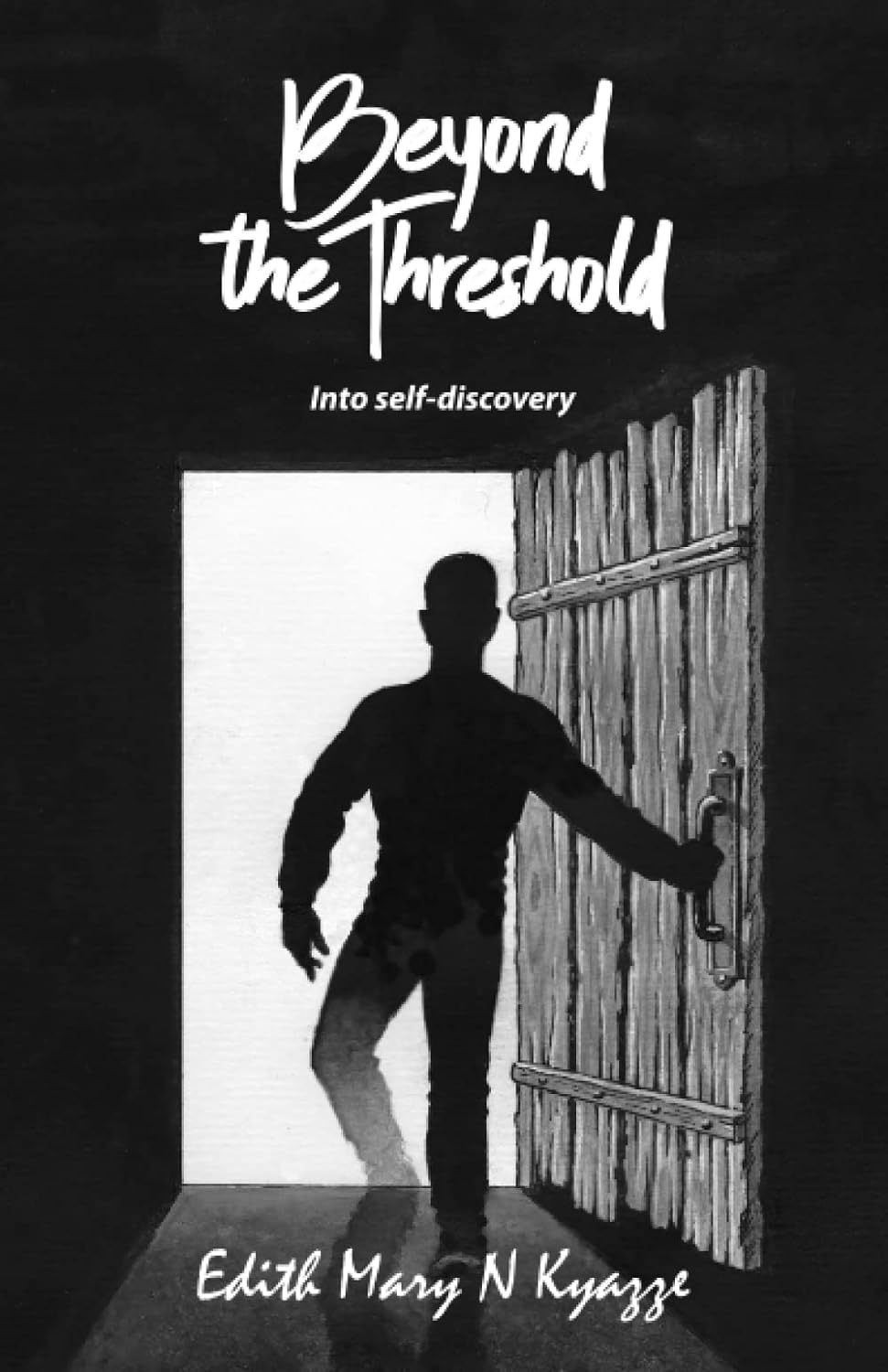
https://youtu.be/z23RVqG0mTA?si=l25HB2Y-rPkQWH6-
What food do you eat in Africa? They ask.
Are you African? How many times have you heard that question?
How did you react or what answer did you give in that regard?
I was once seated in a coffee shop in my town, Pavia, south of Milan, working on my computer. Next to me, was a group of teenagers deeply involved in their conversations. I heard one boy ask one girl,
“Cosa mangiate in Venezuela?” What do you eat in Venezuela?
When I heard this question, curiosity got the best of me, and I found myself looking at the girl. I wanted to hear what she would say. She looked at the boy a little perplexed like to say, what does he mean, what food do we eat in Venezuela? Then she said,
“We eat normal food.” To what the boy asked,
“What do you mean, normal food?”
Her reply was simple. She said, “Normal food, like pasta, rice, chicken,”
Have you ever been asked what food you eat wherever you come from?
And when asked this question, what was your reaction or what kind of answer did you think the person asking wanted to hear?
Food remains an interesting element in our lives.
It’s an essential part of our cultures, a way of expressing ourselves or even connecting with each other.
Food can also be a representation of our heritage, our values, or our history.
Many people are curious to know what foods are eaten in what parts of the world and their methods of preparation, especially if it is a strange, exotic, or different food that is not commonly seen everywhere.
As foreigners to lands we find ourselves, in fact, many of us get asked about what foods we have in the lands we come from.
Which briefly takes me back to these teenagers in the coffee shop. This boy asked, what food they eat in Venezuela, and not what food they eat in South America.
Now, if this girl had been from some country in Africa, I’m pretty sure the boy would have asked what food they eat in Africa.
Whatever continent you come from, you’ll be asked about your country. But not if you’re African.
That’s why I ask. Why do people still forget that Africa, too, is a continent and not a country?
Like this Italian gentleman, I met in the bank once; I’m African, so he wanted to talk about Africa. Back and forth, Africa this, Africa that, child soldiers, wars, malnutrition–those are usually the subjects. So, I told him; talk to me about my country. Because I come from a country in Africa. He sat back and said,
“Ah, well, you see, for us Italians Africa is just a block”
No, sir.
Matter of fact, we are the second-largest continent on the planet.
So vast that about seven European countries and East Europe, the whole of China and India, the United States, the United Kingdom, and Japan can fit into it easily. Even if, as a continent, the population is still less than that of China and currently, India.
Fifty-four countries, more than 2000 languages. Africa, the continent.
So, when you generalise questions like, the food we eat in Africa, what currency we use in Africa, if we understand the languages of other Africans, we wonder. We think about, what country, what society, what cultures, traditions, religions, regions, and the list goes on.
So, specify. Just like you wouldn’t ask an Asian what they eat in Asia, a European, what they eat in Europe, a Latino, what they eat in South America, and so on.
Africa, too, is a continent, so ask us about our countries, not about the whole continent.
But, what’s even more amusing is that, many times when we are asked what foods we eat in Africa, for example, the response being looked for is any exotic kind of food. Which is okay.
The mention of bread and butter, fried rice (like that Venezuelan girl said) or say, oven-baked, barbecued, or fried chicken is met with a lot less interest.
Why? Because there’s nothing exotic about say, fried rice, one of the most commonly eaten foods around the world, but a simple surprise that in Africa, too, people eat foods that are similar to foods found elsewhere in the world.
Bottom line, we are so happy to talk to you about foods especially, any kind of tradition, staple or different food we have in our countries.
For me, check out my book; Beyond the Threshold…into self-discovery available on Amazon.